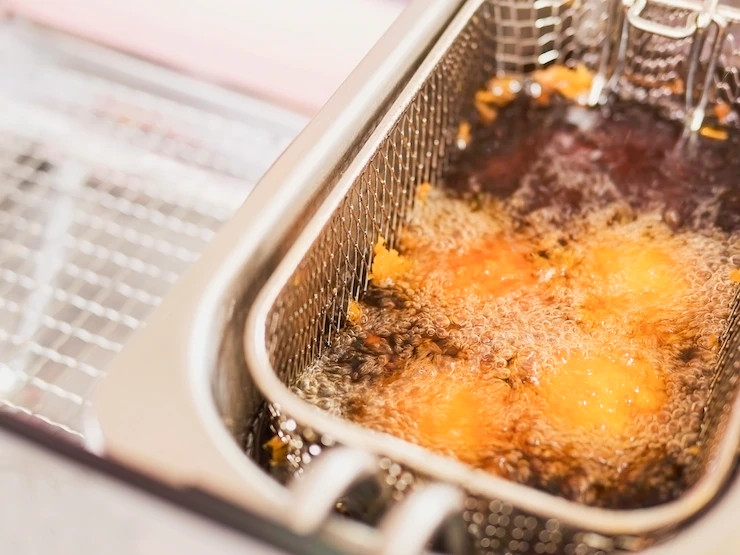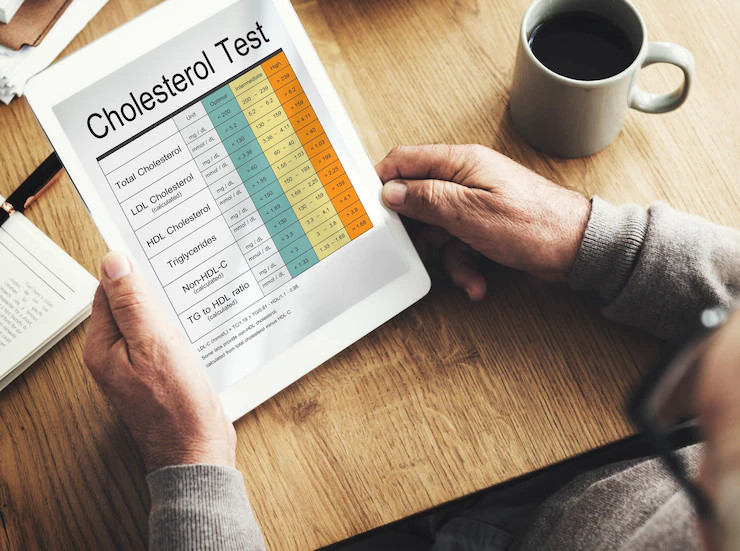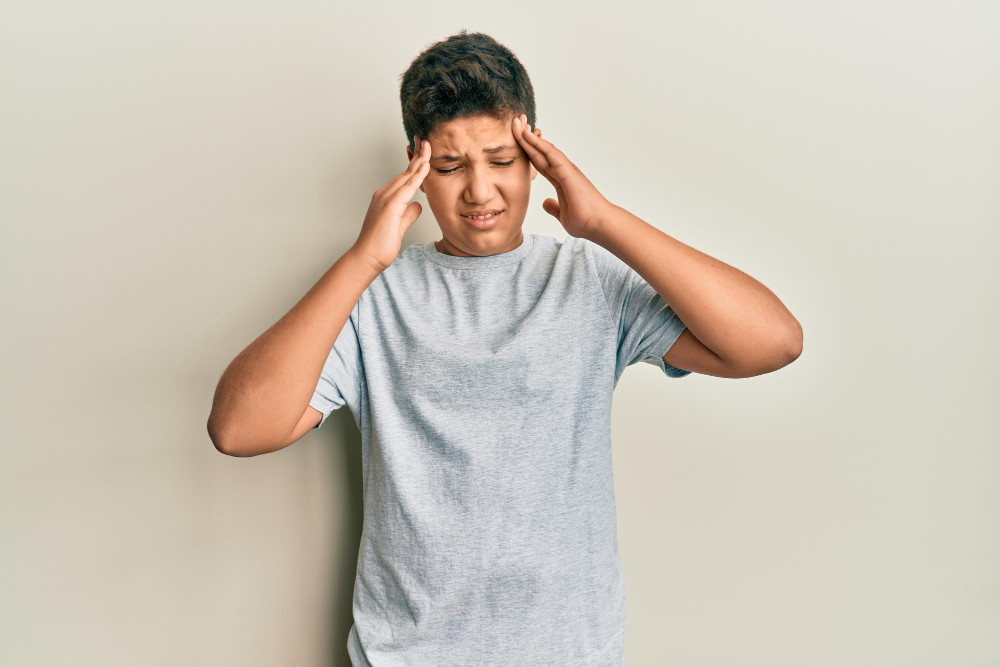A stroke occurs when a blood vessel bursts or becomes blocked, preventing blood flow to the brain. Stroke patients must maintain their daily food intake to prevent stroke recurrence.
Certain foods are known to increase the risk of fat accumulation in blood vessels, which can block blood flow.
Foods to avoid for stroke patients
The impact of a stroke varies from person to person. Some people may develop paralysis in their hands or feet, making it difficult to walk and move their hands; others may have difficulty swallowing.
In general, stroke patients must pay attention to the food they eat on a daily basis in order to prevent another stroke attack. People with strokes should avoid foods like the following:
Processed food
One of the foods that stroke sufferers should avoid is processed or instant food. Processed foods generally contain various additives, such as dyes and preservatives, that can trigger the formation of plaques that trigger ischemic stroke.
Some processed foods that should be avoided are instant foods such as instant noodles, processed sausages, and other packaged foods or drinks.
Foods high in sugar and salt
Both stroke patients and healthy people should avoid foods with high sugar and salt content. Usually, this type of food or drink is found in instant foods that contain preservatives, such as cakes, biscuits, salted foods, and packaged juices.
Foods that are high in sugar can increase the risk of diabetes and obesity, which are risk factors for stroke. Likewise, foods high in salt can increase the risk of hypertension, which can increase the risk of stroke.
Foods containing saturated and trans fats
Stroke survivors should also avoid foods high in saturated and trans fats. Saturated and trans fats are unhealthy fats for the body because they can raise bad cholesterol. High levels of bad cholesterol can reduce blood flow to the brain and heart, raising the risk of a stroke.
Some foods that contain trans fat and saturated fat include:
- Cheese
- Sausages and processed meats
- Cakes, biscuits
- Fast food
- Fried food
- Packaged snacks
Recommended diet for stroke patients
In choosing a healthy diet for stroke survivors, experts recommend a diet high in vegetables, such as the Mediterranean diet or the DASH diet. Implementing both diets can help reduce the risk of hypertension and high cholesterol, which are the biggest risk factors for stroke.
The Mediterranean diet and the DASH diet both recommend a diet with lots of fresh vegetables, fruits, nuts, and legumes. For protein, the Mediterranean diet recommends eating fish and poultry in moderation while avoiding processed foods such as sausages and other processed meats.
Please keep in mind that everyone's nutritional needs are different. To meet the nutritional needs of stroke patients, consult a doctor or dietitian before deciding on a diet, especially if they have other conditions such as hypertension and high cholesterol or have problems chewing and swallowing food.
If you have other questions about food restrictions for stroke patients, you can make use of the consultation features that are available in the Ai Care application by downloading the Ai Care application from the App Store or Play Store.
Looking for more information about nutrition, food, and other diet tips? Click here!
- Sean Edbert Lim, MBBS
Vann, M. (2023). How to Eat After You’ve Had Stroke. Available from: https://www.everydayhealth.com/stroke/diet-after-a-stroke.aspx
Stroke Foundation. Diet After Atroke. Available from: https://strokefoundation.org.au/what-we-do/for-survivors-and-carers/after-stroke-factsheets/diet-after-stroke-fact-sheet#
Moll, J. (2023). Which Foods Contain Trans Fats?. Available from: https://www.verywellhealth.com/which-foods-contain-trans-fats-697735
Cleveland Clinic. (2023). 10 Tips for Changing Your Diet After a Stroke. Available from: https://health.clevelandclinic.org/diet-after-stroke/











